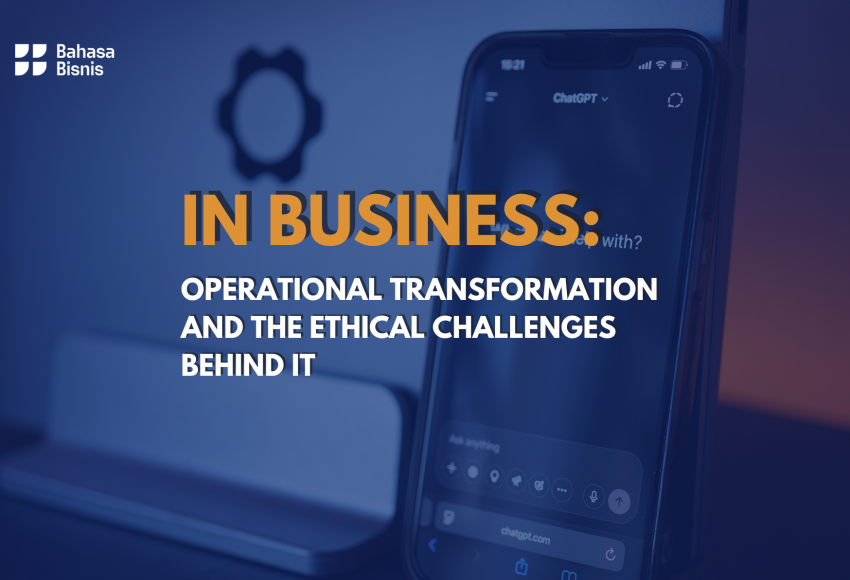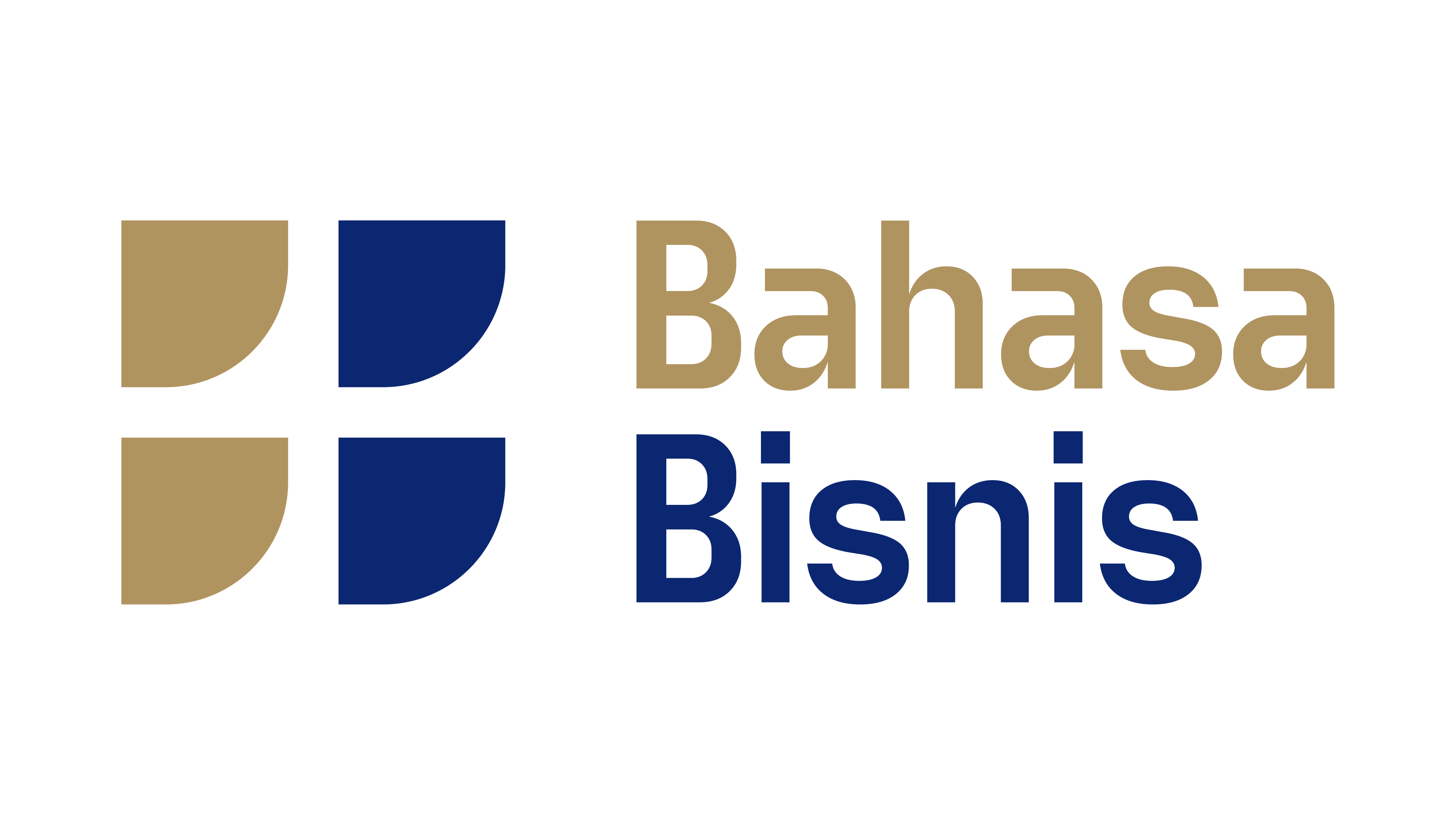
AI in Business: Operational Transformation and the Ethical Challenges Behind It
Artificial Intelligence (AI) technology is no longer just an “expensive toy” for tech giants. Today, from home-based cake shops to multinational corporations, everyone is starting to use AI to work faster, smarter, and more efficiently.
But behind all the efficiency it offers, one big question arises: Are businesses ready to face the ethical and social challenges of AI?
Let’s dig deeper!
AI Is Not the Future — It’s the Present Reality
According to a McKinsey report (2024), 55% of global companies have already adopted at least one AI application in their operations. In Indonesia, a PwC survey revealed that 62% of companies consider AI a strategic priority in the next three years. Why? Because AI can cut working hours, accelerate data analysis, and even replace certain human tasks.
For example:
– Customer service: Smart chatbots like ChatGPT or local platforms like Kata.ai can answer thousands of customer inquiries in seconds, 24/7.
– Financial analysis: AI can predict cash flow, analyze spending patterns, and provide budgeting suggestions.
– Supply chain: Companies like Unilever and Nestlé already use AI to monitor stock and distribution in real time.
So, it’s safe to say: if your business hasn’t embraced AI yet, you’re not just behind — you could be at risk.
Learning from the Big Players: Real-World AI Case Studies
One interesting example comes from Tokopedia. In recent years, the platform has implemented machine learning to automatically detect fraudulent transactions. The result? Thousands of suspicious transactions were prevented, increasing user trust and internal team efficiency.
Another example comes from the logistics sector. J&T Express uses AI-powered predictive systems to optimize delivery routes. The impact? Fuel savings, faster deliveries, and improved customer satisfaction.
However, AI implementation isn’t always smooth. Some companies experience “culture shock” when technology suddenly replaces human roles. There are also cases of inaccurate predictions due to unclean or biased data.
Behind the Sophistication: Serious Ethical Issues
AI is not neutral. Algorithms are only as good as the data they’re trained on. If that data contains biases—such as gender, racial, or social class biases—AI decisions will also be biased.
Real-world example: some AI-based recruitment systems have been found to discriminate against female or minority candidates due to imbalanced training data. This not only harms individuals, but can also be a reputational disaster for companies.
Then there’s the issue of mass layoffs due to automation. According to the World Economic Forum (2023), 85 million jobs are at risk of being replaced by AI by 2025, even though 97 million new jobs are also expected to be created. The question is: are our human resources ready for this transition?
And often overlooked: data privacy. AI needs big data to function optimally. But is all that data collected with proper consent and protection? This is a grey area that regulations must clarify.
AI Must Be Used with Caution
According to Dr. Rayendra Wicaksana, a technology researcher from the University of Indonesia, “AI can be a powerful tool, but also a double-edged sword. The challenge is not just technical, but also moral and social.”
Meanwhile, Shinta Dhanuwardoyo, founder of Bubu.com, suggests that MSMEs start learning the basics of AI early. “Not to replace humans, but to help them work more strategically,” she says.
A Deloitte report also highlights the importance of digital education at the management level. Without fundamental understanding, AI use risks triggering poor decisions that could harm the business.
Conclusion: Use AI, But Don’t Forget Ethics
AI opens up many opportunities — from operational efficiency to better customer experiences. But like any powerful tool, it must be accompanied by understanding, policies, and caution.
For business owners, start with these three steps:
– Understand how AI works, don’t just follow the trend.
– Build a digital team that’s aware of both AI risks and opportunities.
– Ensure ethics and regulation are part of your tech strategy.
Because in the end, AI is just a tool. And like a kitchen knife, the result depends on who uses it — and for what purpose.
Warm regards from Bahasa Bisnis,
Amelia Evita







Leave a Comment